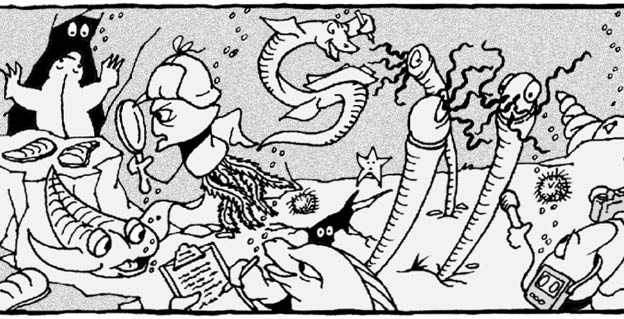2.1. Understanding communities
 The word community can mean many different things to different people. Sometimes, for example, the local
press might write about ‘the Asian community’, suggesting a single shared identity where in fact there may
well be many differences of outlook, culture, language, history and religion. Rural and urban communities
can feel very different due to distance, isolation and history. We may think of a community based on
geography, or a community of interest that brings people together. The first step, therefore, is to explore what
we mean by community and what it means to us.
The word community can mean many different things to different people. Sometimes, for example, the local
press might write about ‘the Asian community’, suggesting a single shared identity where in fact there may
well be many differences of outlook, culture, language, history and religion. Rural and urban communities
can feel very different due to distance, isolation and history. We may think of a community based on
geography, or a community of interest that brings people together. The first step, therefore, is to explore what
we mean by community and what it means to us.
A short story of three communities
(People’s names have been changed, but the rest is all true)
Martin lives in a rural part of Yorkshire with his mother and sister and sees his immediate community as the people he knows and trusts in his village. Once a week he gets on a bus into York to join up with Maria, Asif, Nena and other young disabled people. They are part of an advisory board for a project called PACTYorkshire. They are a closely knit and supportive community, based on their shared experience and identity, mutual support and joint concerns. The young people have been part of a national campaign to promote the rights of young disabled people to be treated without discrimination and to equal access to services, like buses and play areas. This campaign group, called Ask Us!, won a big national award for their work. When Martin and Nena went up to collect their prize in front of the nation’s press, they knew – and the other young people who were part of Ask Us! knew – they were there representing and celebrating with the wider community of all young disabled people.
